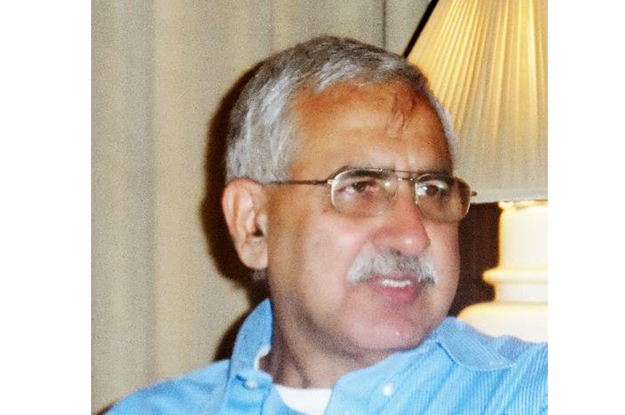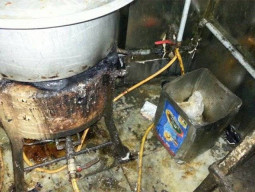
The elected city council will have no powers in areas and functions falling under the jurisdiction of the Sindh Building Control Authority (SBCA), master plan department, Karachi Water and Sewerage Board (KW&SB), Lyari Development Authority (LDA), Malir Development Authority (MDA), the Sindh Solid Waste Management Board (SSWMB) and Sindh Sanitation Board.

KMC council director Ghufran Ahmed told The Express Tribune that before the Local Government Act 2013 was enacted, these departments had already been taken out of the jurisdiction of the KMC. In 2001's Local Government Ordinance, he said, the mayor of the city by virtue of his position was the chairperson of all these civic agencies.
But since they have been separated from the KMC, the powers lie with the Sindh government.
Even the budget that the council will pass has to be approved by the Sindh government. He said that the council will make its own budget but that can be amended, modified or changed by the Sindh government.
"The word 'modified' has been used in the ordinance of 2013," he said, adding that the Sindh government will modify the council's budget at any point of time they want. According to him, in the ordinance of 2001, the government could only request for reconsideration of the sanctioned budget.
According to Fahim Zaman, who has served as the administrator of the KMC twice, the provincial financial commission that was supposed to award funds for the development of different districts has not awarded any fund since 2009. "The new city council has all the powers to demand those funds," he said.
In the year 2001, he said, the military government wanted to minimise the role of provinces and that was why they made union councils at muhalla [neighbourhood] level. But after the 18th Amendment, the provinces were again made autonomous and more powerful.
Meanwhile, Ahmed argued that in the year, 2001, government was strengthened at the local level. "But this time the provincial government is superior," he said, adding that getting back these powers will be a legal battle.
"If the local government wants to restore their powers to the level of powers in the year 2001, they will have to fight on legal grounds," he said, believing that they could win easily.
Even in Germany, Zaman said, there was a tussle between the local government and the provinces over the collection of revenues. He argued that once the council was formed, a bureaucrat can never be in a position to challenge the mayor's decision. Even for the Sindh assembly, he said, it will be very difficult to ignore the local government's resolutions.
However, on a question regarding the role of judiciary in restoring the powers to the local level, he said that it depends what plea the city council came up with. "If they term the Sindh Local Government Act 2013 'against their basic rights' and call it 'defective', they will have to prove it," he said.
Muttahida Qaumi Movement's MPA Khalid Iftikhar said that they will opt for all the legal ways to make their mayor powerful. He said that the Constitution's Article 140-A says that the local elected representatives must be politically, administratively and financially powerful. However, according to him, the Local Government Act 2013 has put the local elected representatives under the director-generals and the mayor under the chief minister.
"If we go to the high court, the act would be immediately eliminated," he said, adding that they have several options on the table, including convincing Pakistan Peoples Party to repeal the Local Government Act 2013.
Published in The Express Tribune, December 11th, 2015.

















COMMENTS
Comments are moderated and generally will be posted if they are on-topic and not abusive.
For more information, please see our Comments FAQ